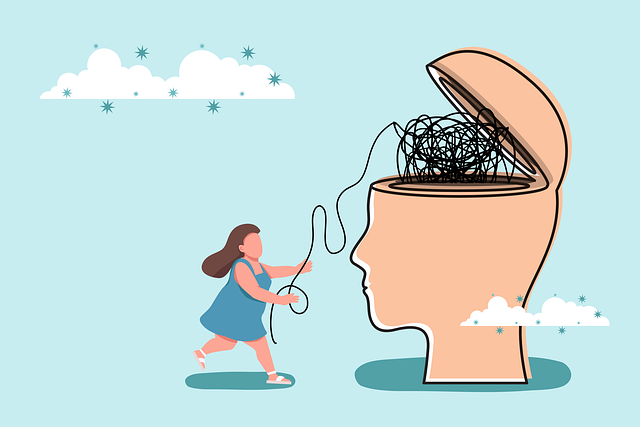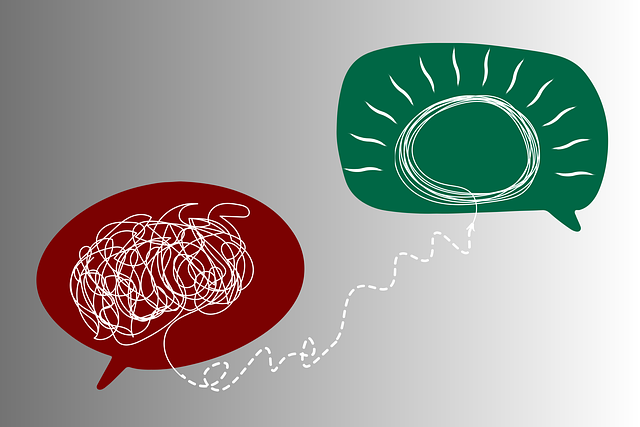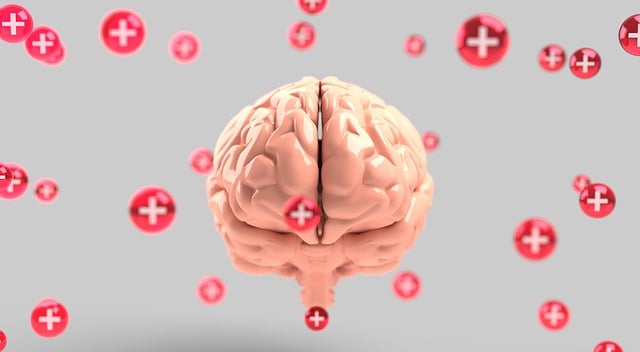The text highlights the detrimental effects of stigma on individuals with Autism Spectrum Disorder (ASD), hindering access to care and personal growth. Westminster Autism Spectrum Disorder Therapy addresses this by focusing on stigma reduction through building resilience, compassion, and normalizing mental health conversations. Their multifaceted approach includes education, personalized therapy sessions, support groups, and cultural sensitivity in healthcare, all aimed at creating an accepting community for ASD individuals to thrive without fear of judgment.
Mental illness stigma remains a significant barrier to health and well-being, especially within the ASD community. This article explores the profound impact of stigma on individuals’ lives and delves into effective strategies for its reduction in society. We focus specifically on the Westminster autism spectrum disorder (ASD) community, highlighting the transformative power of therapy and support groups in fostering understanding and acceptance. By examining these initiatives, we aim to empower individuals and create a more inclusive environment.
- Understanding the Impact of Stigma on Mental Health Individuals
- Strategies for Effective Stigma Reduction in Society
- The Role of Therapy and Support Groups in Westminster for Autism Spectrum Disorder (ASD) Community
Understanding the Impact of Stigma on Mental Health Individuals

Stigma surrounding mental health issues can have profoundly detrimental effects on individuals’ lives, especially those with conditions like Autism Spectrum Disorder (ASD). Beyond creating barriers to accessing necessary care and support, stigma fosters feelings of isolation, shame, and self-doubt, hindering a person’s ability to thrive. Individuals may internalize societal perceptions, leading to low self-esteem and a distorted sense of identity. This internalized stigma can prevent them from seeking help or openly discussing their experiences, further exacerbating existing challenges.
Efforts to reduce mental illness stigma are crucial for fostering an environment that promotes understanding, empathy, and compassion. Practices like building resilience and cultivating compassion can empower individuals to challenge negative perceptions and normalize conversations around mental health. By engaging in these efforts, communities, including the vibrant community supported by Westminster Autism Spectrum Disorder Therapy, can foster a culture of acceptance, encouraging those facing mental health struggles to seek the help they deserve without fear of judgment or rejection.
Strategies for Effective Stigma Reduction in Society

Stigma reduction efforts must be multifaceted and inclusive to effectively change societal perceptions about mental illness. One key strategy involves Westminster Autism Spectrum Disorder Therapy and similar specialized programs that focus on education and awareness. By providing accurate information, dispelling myths, and fostering personal connections with individuals affected by conditions like autism, these initiatives can build understanding and empathy.
Additionally, integrating Cultural Sensitivity in Mental Healthcare Practice is vital. Recognizing and respecting diverse cultural beliefs and practices not only enhances access to care but also ensures that stigma reduction efforts are culturally relevant and effective. Similarly, Risk Management Planning for Mental Health Professionals should prioritize self-care and resilience to prevent burnout, which can inadvertently perpetuate stigma. Encouraging the development of inner strength through coping mechanisms and support networks equips individuals with tools to navigate challenges openly, further reducing the negative impacts of stigma.
The Role of Therapy and Support Groups in Westminster for Autism Spectrum Disorder (ASD) Community

In Westminster, therapy and support groups play a pivotal role in fostering understanding and reducing stigma within the Autism Spectrum Disorder (ASD) community. These platforms offer individuals with ASD and their families safe spaces to navigate challenges unique to their condition. Therapists skilled in ASD-specific interventions provide tools for improving communication skills, social interactions, and emotional regulation – crucial aspects of mental wellness. Through individualized therapy sessions, patients can develop coping strategies tailored to their needs, enhancing their ability to manage stress and build resilience.
Support groups further enrich the support network by facilitating peer connections and sharing of experiences. Members learn from one another, exchange practical tips on conflict resolution techniques, and discover strategies for boosting emotional intelligence – all vital components in navigating the complexities of ASD and promoting mental health. By combining professional guidance with community support, Westminster’s approach empowers individuals on the spectrum to thrive, fostering an inclusive environment where differences are celebrated and support is readily accessible.
Mental illness stigma reduction is a vital step towards fostering understanding and compassion within society. By recognizing the profound impact of stigma on individuals’ well-being, we can implement effective strategies such as education, advocacy, and support group involvement. In the context of Westminster, therapies and support groups dedicated to the autism spectrum disorder (ASD) community have proven instrumental in breaking down barriers and creating a more inclusive environment. These efforts not only enhance access to care but also promote the overall mental health and dignity of individuals navigating their unique challenges.














